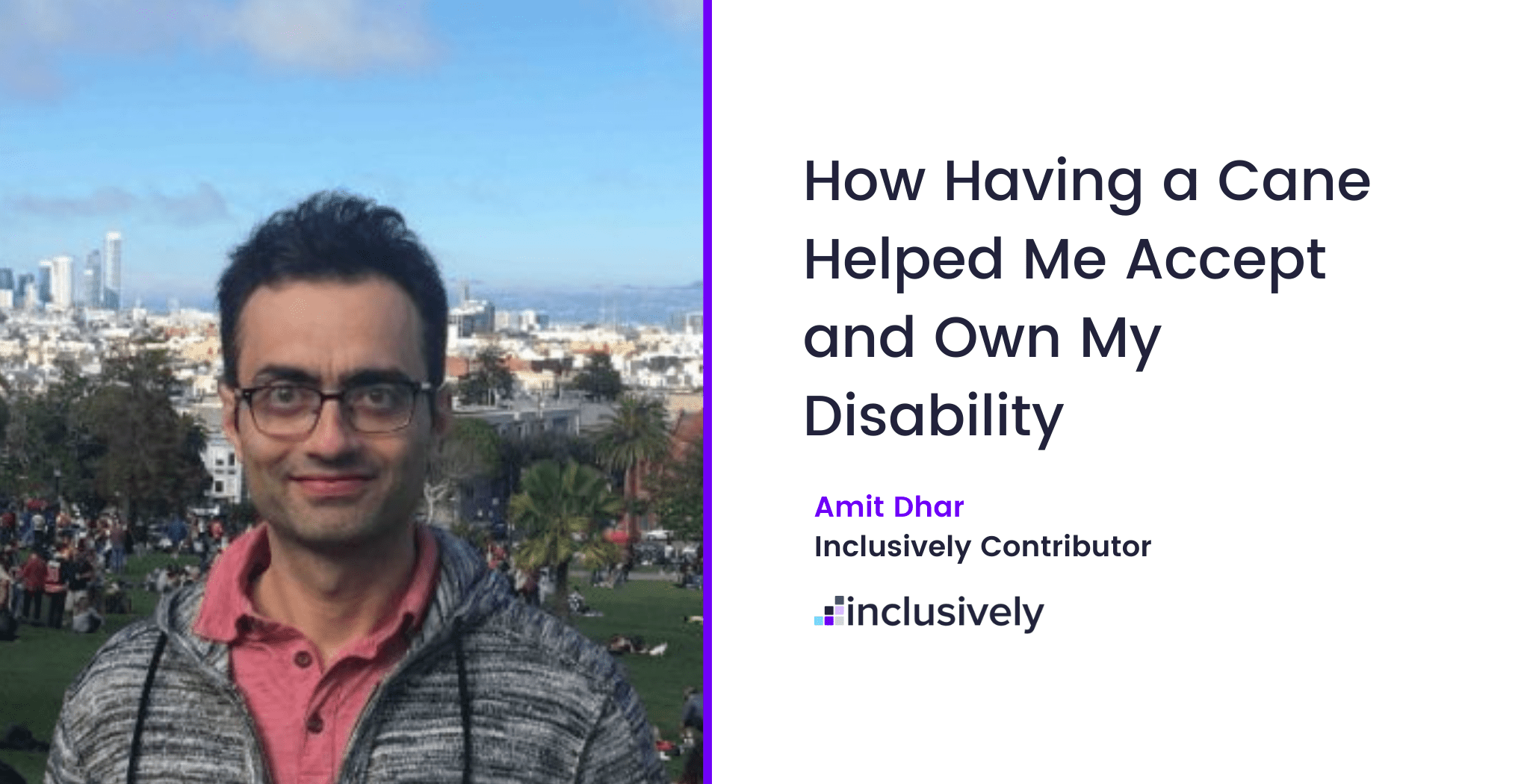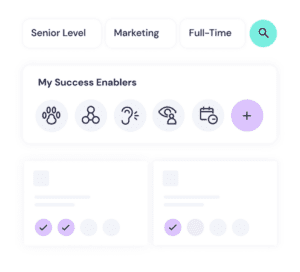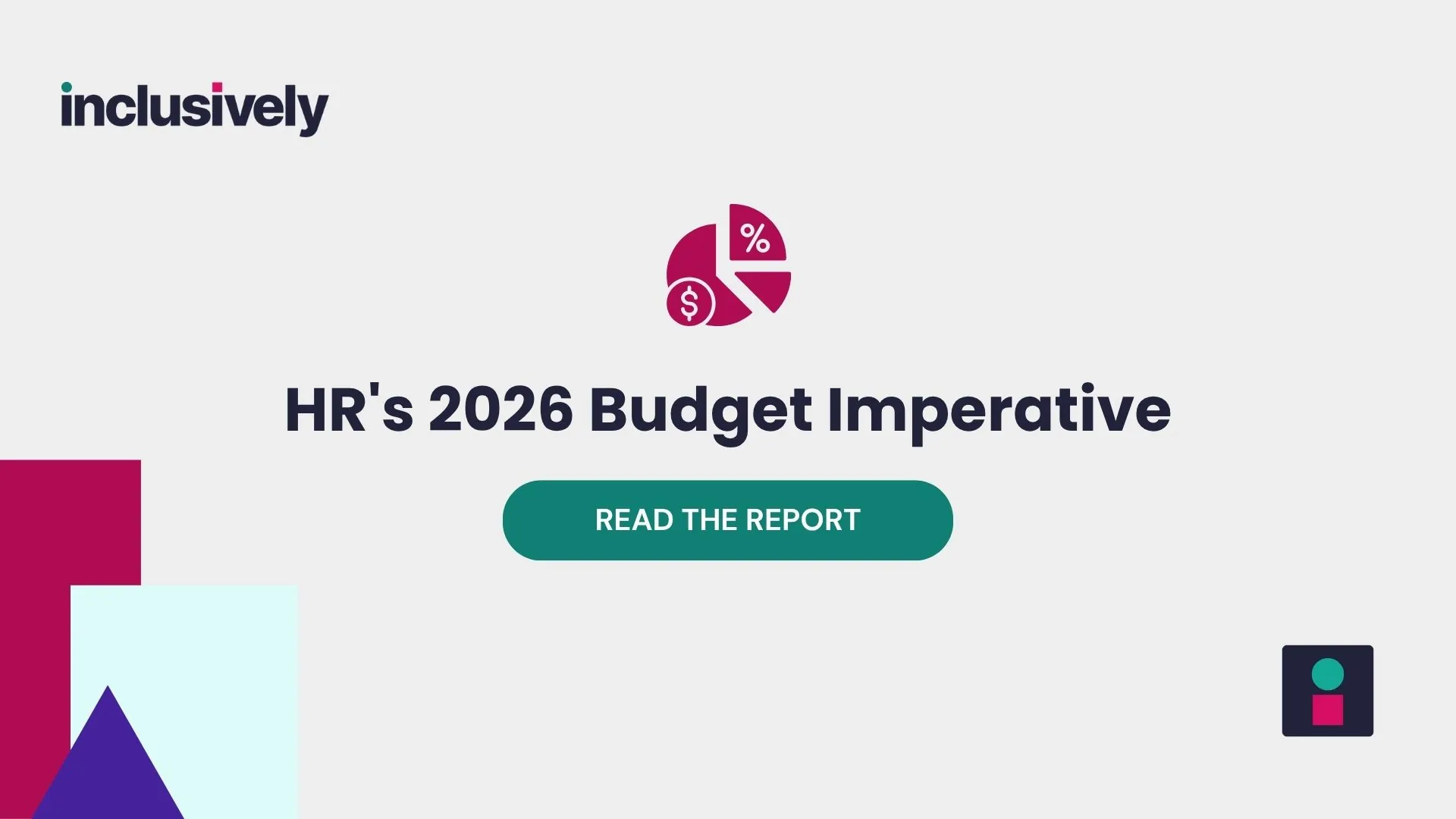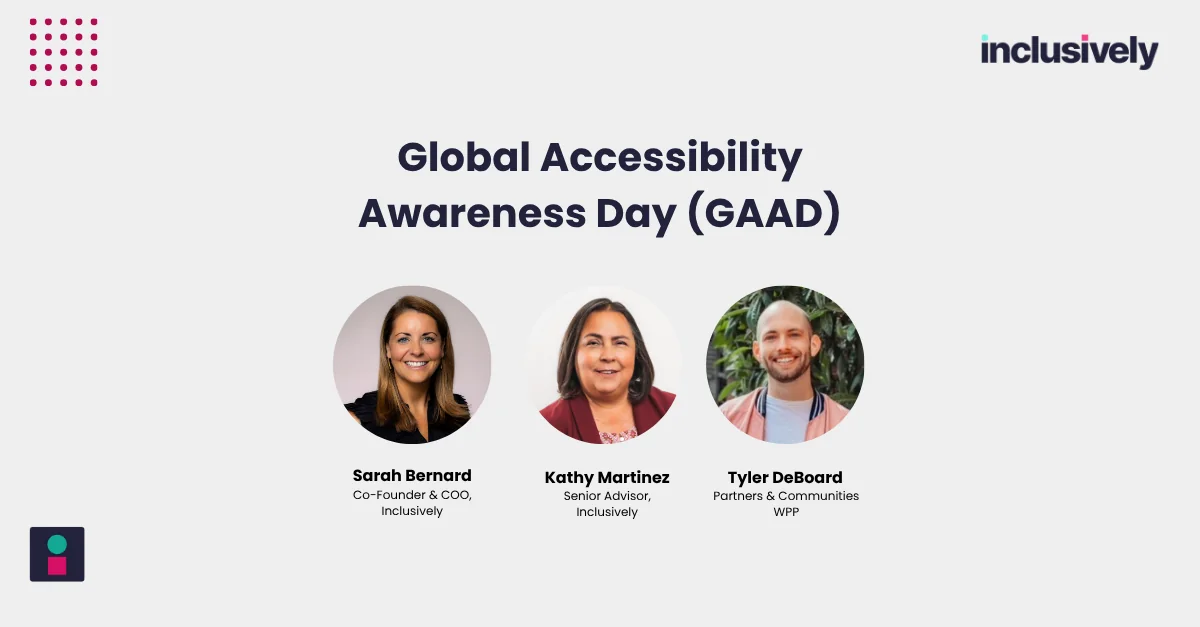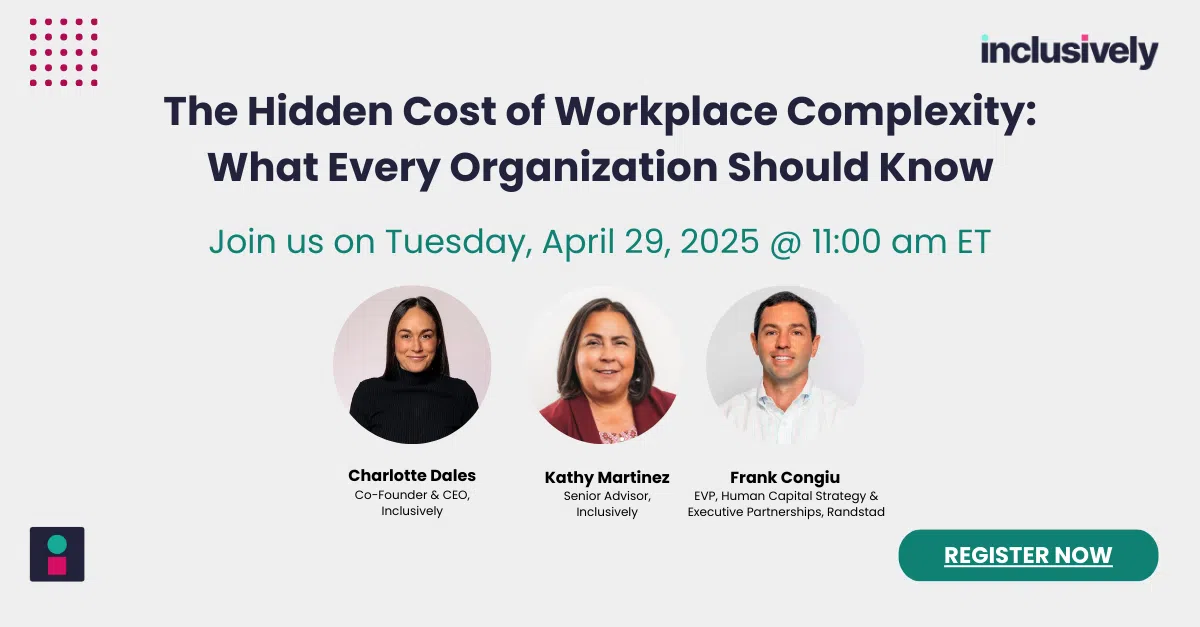Amit Dhar shares his personal experience with disclosing his disability and overcoming interview biases
My face was blushed red, not from the heat of the Texas summer but from being mortified. It was my first white cane training class. My teacher, Lisa was showing me the correct way to hold the cane- right Infront of my apartment building. I secretly hoped that my neighbors weren’t watching. Every time I stepped out for cane training, I was confronted with the same shame and dread. I was acutely aware that my now visible disability reminded onlookers about their own vulnerability and good luck in escaping a similar fate. The cocktail of shock, pity, and fear on their faces left me feeling othered in a way like nothing before.
I was born with a rare eye condition called myopic degeneration and I lost my right eye in high school after my retina detached. My left eye, despite other complications, miraculously stayed relatively stable through my 20s and early 30s.
I would couch my disability in vague descriptions as an “eye problem” if I ever mentioned it to anyone, even close friends. While looking for jobs after completing my advanced degrees, I was advised by the career services teams and recruiter friends to not come out with my disability until as they put it “you have the job in hand”. “Why allow unconscious biases impact how you are perceived?” I was advised.
Even though my eyeballs do not coordinate and I appeared to look upwards even when I am looking into an interviewer’s eyes, I trained my eyes to really look closer to a person’s neck so it would appear like I was looking into their eyes. I took every effort to hide my disability from prospective employers and when I finally got a job, from managers and colleagues. My disability, I feared would become my biggest identity as it did for people with visible disabilities. Employers would wonder “if I could credibly do the job”, an easy reason to cancel a candidate.
By my late thirties, my field vision in my left eye had also deteriorated. It took several accidents and bruises, including one time when I almost got hit by a stream of traffic because I had unknowingly swerved off the footpath into a busy road during an evening walk, for me to accept the fact that I was turning blind. Clueless on what to do next, I searched the internet for resources and I tried to reach out to anyone who had tips for my new life. A chance meeting with the retired principal of the Texas School for Blind opened the doors for me to access resources with the Texas Workforce Commission. Lisa, my mobility coach came contracted through them.
It’s no secret that being physically and mentally able sits at the heart of our vision of human flourishing. It’s much more than just how easy life is for those who are abled. Traditionally, being abled has been a pre-requisite for working a job as a way of contributing to society and earning dignity. Being able gave one the right to count in society.
One of the most important result from the passing of the A.D.A. has been the gain of dignity and self-worth for disabled persons. The law not only made our world more physically accessible; it confirmed our rights to pursue and have access to a full life. It also allowed an entire generation of disabled people to move forward without dejection and to embrace disability and disability culture. But laws can only do so much. To be fully realized, the people themselves must do more than follow them by the letter. They must embrace their spirit.
At 26%, people with disabilities are the largest minority group in the United States, but for the most part, we remain invisible. That invisibility remains mainly because so few disabled people are in leadership positions in government, business and education. In most cases, we remain a footnote, an afterthought. This invisibility is what ensures that people like me are discouraged to reveal our disabilities.
Making public places accessible, providing sign language interpreters in emergency rooms or accessible websites for registering for community programs have been life-changing. But only when people with disabilities routinely work and play alongside their fellow citizens will deeper change occur. The Individuals with Disabilities Education Act and its predecessors have required inclusive education since the 1970s and we have seen firsthand how the attitudinal barriers long common in this country are disappearing in those students who have been educated with disabled peers. Having disabled persons at various points of decision-making — in product strategy and development, design, marketing, sales and education, governance — in the era of all things digital has become more critical than ever before.
Using the white cane transformed my life in unforeseeable ways. It kept me safe when I stepped outside. I became less anxious about unfamiliar places or enjoying a night out (I am 100% blind at night). By making my disability visible for all, it freed me from the awkwardness of initiating a conversation to introduce my disability.
About Amit
Amit Dhar is a marketing professional with more than 15 years of experience in product marketing, broad based and targeted demand generation and go-to-market planning in the technology and consumer industries. Amit currently leads aaS product marketing for Dell Technologies end-user computing business. Amit completed his MBA from the University of Michigan. Amit is passionate about disability representation and is looking forward to publishing personal essays in this area. Write to him at amitdh@umich.edu.
Learn More
“Most of all it freed me from my prior perceptions, to accept my disability in a way that nothing else did. I now openly discuss my disability with prospective hiring managers and during networking for jobs. Far from othering me like I feared it would, it gave me freedom to further participate in society, on my terms.”
How Inclusively Works
Inclusively’s accessible employment platform and job matching technology goes beyond traditional search criteria and allows candidates to connect with opportunities that match their experience, skills, and workplace accommodations – called Success Enablers. Examples include screen readers, noise-canceling headphones, an emotional support animal, accessible parking and entrances, braille signage, and dozens more.
Overview of a candidate’s job search indicators, including Senior Level, Marketing, Full-Time, My Success Enablers with a row of icons
